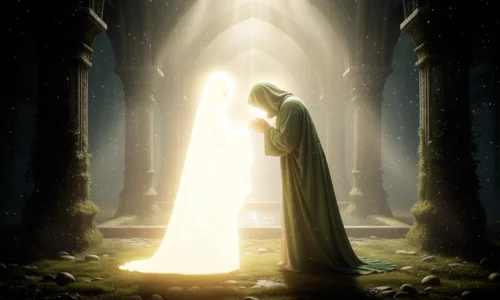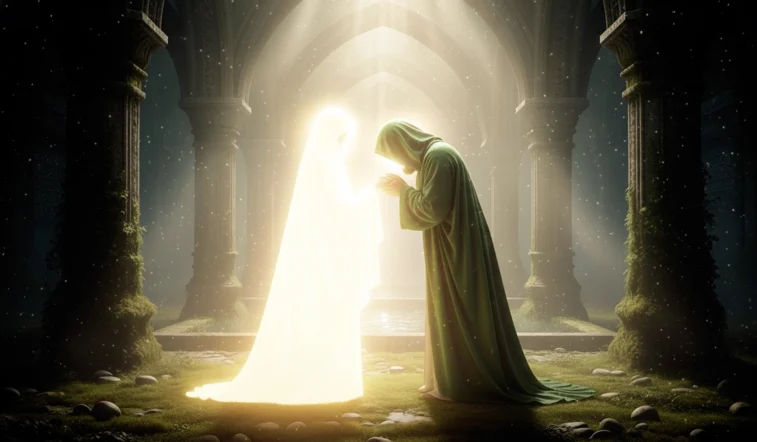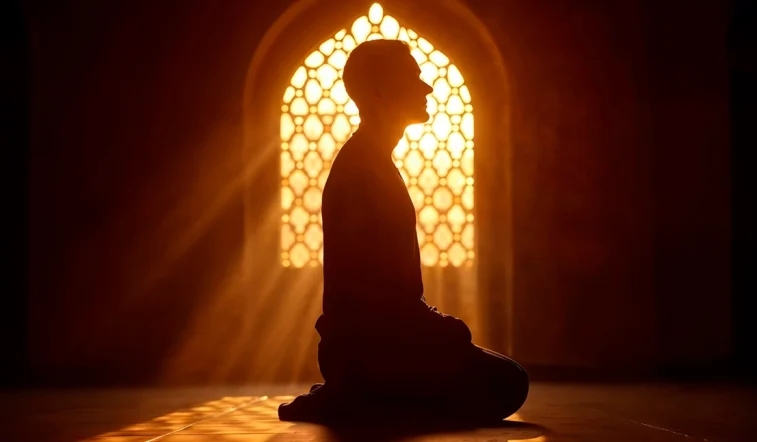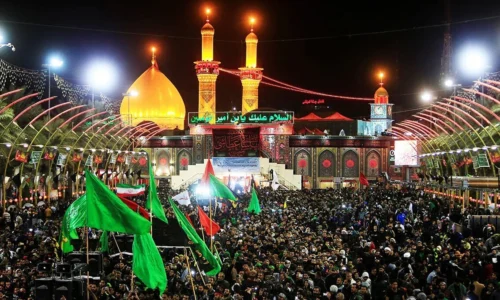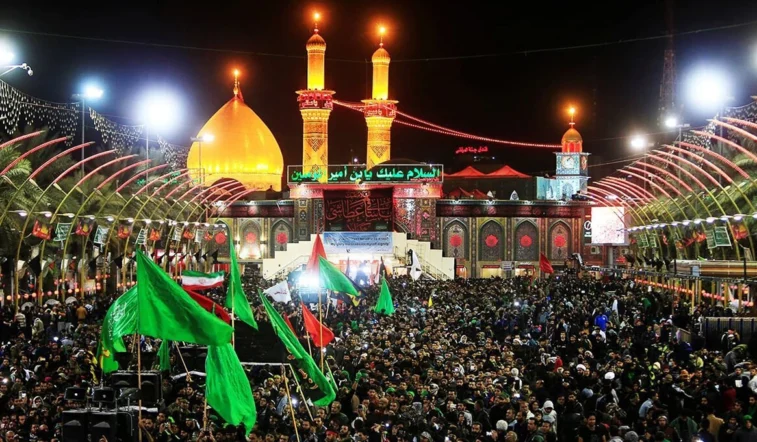Understanding the Lineage, Significance, and Universal Role of the Twelve Imams in Shia Islam.
Among Shia Muslims, Imam Muhammad ibn al-Hasan al-Mahdi (May Allah hasten the return) is known as the 12th Imam—the final divinely appointed leader in a line of spiritual and temporal guides chosen by God. To understand why he holds this unique position, it is important to explore the concept of the Twelve Imams (اثنا عشر اماماً), the meaning of the word Imam, his universal leadership, and the various names and titles by which he is known.
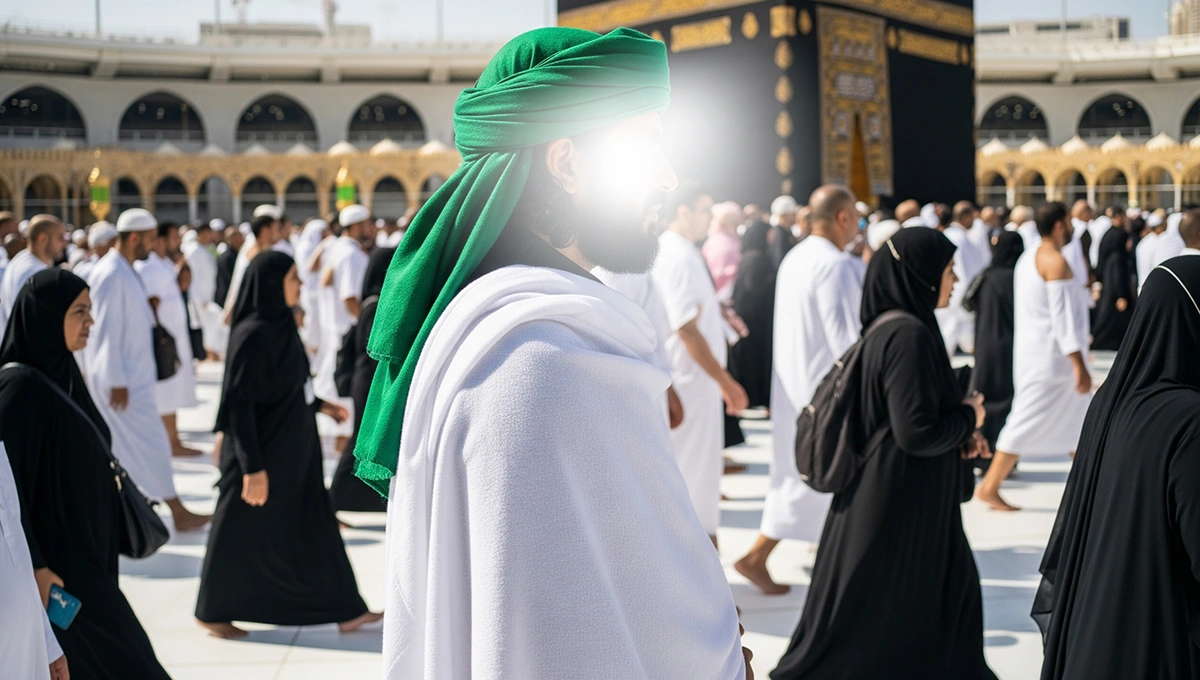
What Does “Imam” Mean?
The Arabic word “Imam” (إمام) literally means “leader” or “guide.” In Islamic theology, it refers to a person appointed by God to lead the community in both spiritual and temporal matters. The role of an Imam is far more than a political leader — he is the divinely chosen exemplar of righteousness, justice, and knowledge.
In Shia Islam, the Imam holds the highest spiritual rank after the Prophet Muhammad (ﷺ). He is:
- The perfect human being, free from sin and error (ma’sum).
- The divine proof (Hujjah) on Earth, serving as God’s representative.
- The ultimate guide in interpreting the Qur’an and Sunnah with infallibility.
- The source of spiritual and moral guidance for all humanity.
Thus, the Imam occupies the topmost position in the hierarchy of leadership, embodying the divine will and ensuring the continuity of true faith.
The Twelve Imams: A Brief Overview
Here is a concise summary of the Twelve Imams recognized in Twelver Shi’ism:
- Imam Ali ibn Abi Talib (Peace be upon him)
- Imam Hasan ibn Ali (Peace be upon him)
- Imam Husayn ibn Ali (Peace be upon him)
- Imam Ali Zayn al-Abidin (Peace be upon him)
- Imam Muhammad al-Baqir (Peace be upon him)
- Imam Ja’far al-Sadiq (Peace be upon him)
- Imam Musa al-Kadhim (Peace be upon him)
- Imam Ali al-Ridha (Peace be upon him)
- Imam Muhammad al-Jawad (Peace be upon him)
- Imam Ali al-Hadi (Peace be upon him)
- Imam Hasan al-Askari (Peace be upon him)
- Imam Muhammad ibn al-Hasan al-Mahdi (May Allah hasten the return)
Imam Mahdi: Not Just a Leader for Muslims
What makes Imam Mahdi’s role truly unique and universal is that he is not only the leader of the Muslim community but a guide for all humanity.
- His mission is to establish justice, peace, and righteousness on a global scale, transcending religious, ethnic, and national boundaries.
- Islamic teachings emphasize that his governance will unite all people under the banner of truth and divine guidance.
- His return will be supported by Jesus (Peace be upon him), symbolizing the unity of all monotheistic faiths and reinforcing the universal nature of his leadership.
- The Mahdi’s government will be one where kindness, respect, and fairness prevail for every human being, regardless of their background.
This universal leadership is an essential distinction that elevates Imam Mahdi’s role beyond being a mere sectarian or national figure to the divinely appointed ruler of the entire world.
Other Names and Titles of Imam Mahdi (AJ)
Imam Mahdi is known by many names and titles, each reflecting different aspects of his mission, status, and character:
- Al-Mahdi (المهدي) — The Guided One: The most common title, referring to his divinely guided leadership to restore justice.
- Al-Qaim (القائم) — The One Who Rises: Emphasizes his role in rising against oppression and tyranny.
- Al-Hujjah (الحجة) — The Divine Proof: Denotes his status as God’s proof on Earth, guiding humanity towards truth.
- Sahib al-Zaman (صاحب الزمان) — The Master of the Age: Reflects his role as the leader for all times, particularly the present era.
- Al-Muntazar (المنتظر) — The Awaited One: Highlights the anticipation of his return by believers worldwide.
- Imam al-Mahdi (إمام المهدي) — A combination emphasizing both his leadership and his divinely guided nature.
- Al-Hadi (الهادي) — The Guide: Indicates his spiritual guidance and ability to lead people on the right path.
- Al-Mujtaba (المجتبى) — The Chosen: Reflects his selection by God above all others for this sacred role.
These titles appear in various Islamic texts, narrations from the Prophet Muhammad (ﷺ), and sayings of the previous Imams, underscoring his unique and elevated status.
Conclusion
We call Imam Muhammad al-Mahdi the 12th Imam because he is the final divinely appointed successor in a sacred chain of twelve Imams starting from Imam Ali (Peace be upon him). Each Imam played a critical role in preserving Islam’s spiritual and ethical core, culminating in the awaited Mahdi, who will return to bring justice and peace not only to Muslims but to all humanity.
Understanding the meaning of “Imam”, the unique position of these twelve divinely guided leaders, the universal mission of Imam Mahdi, and his many revered titles deepens our appreciation of their role in shaping spiritual and moral guidance for the world.
